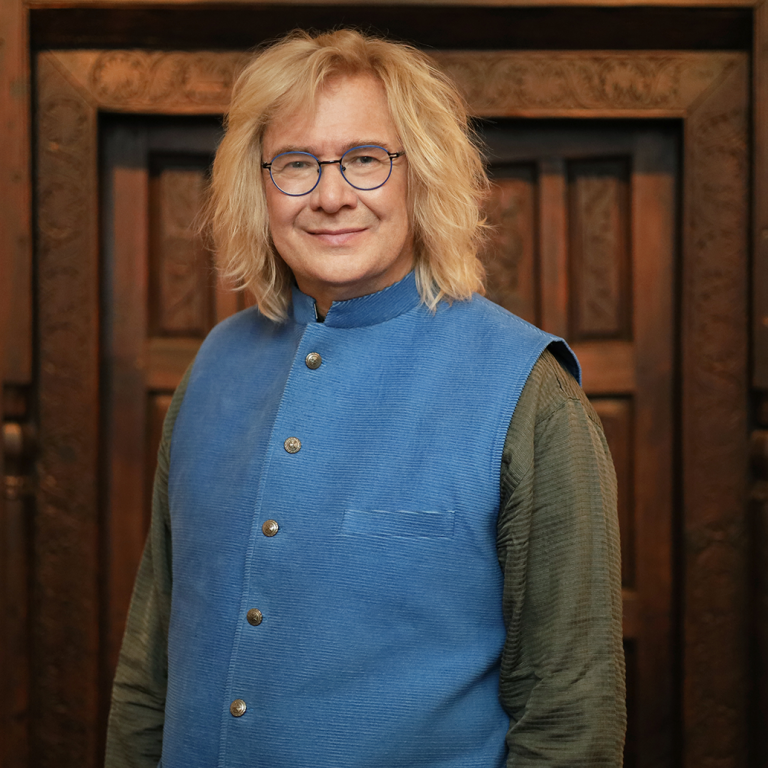
Develop and lead the global human resources strategy to align with the company’s vision, goals, and long-term objectives Provide strategic guidance to executive leadership on
Temporary HR Officer, 6–9 months, hybrid working on site 2 days per week in York Temporary role 6–9 months Working as part of a professional,